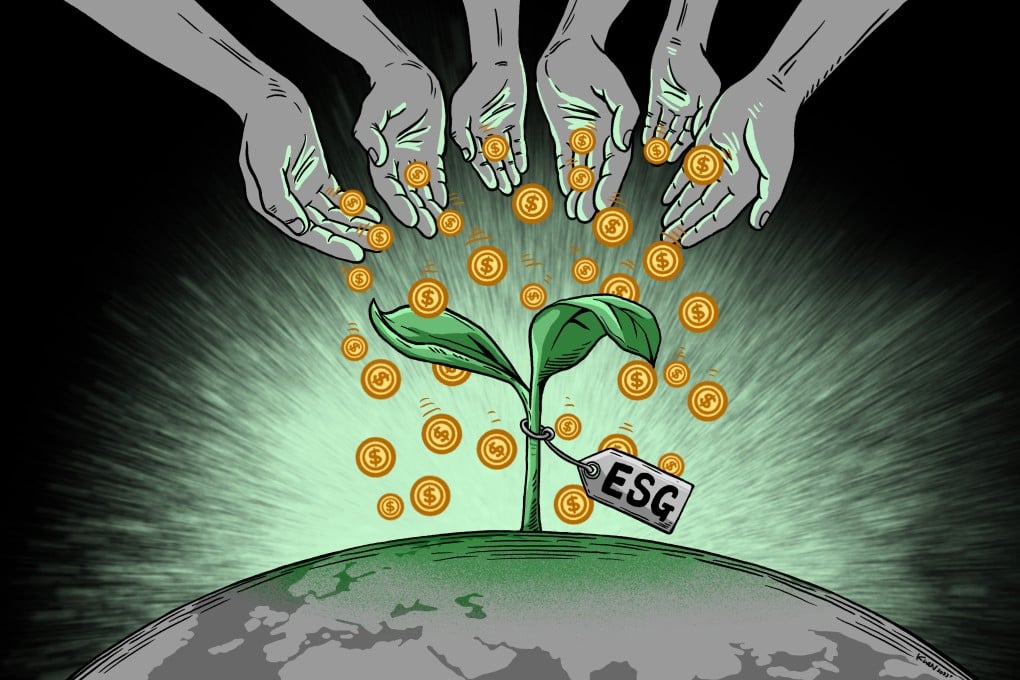Climate change: do fund managers make a difference in spurring companies to be green?
- ESG is moving up the agenda list in boardrooms all over the world, as regulators tightened their rules for publicly traded companies
- Climate change, caused by excessive greenhouse gas emissions from human activities, is one of the most urgent ESG issues requiring corporate action

Five years ago, David Smith found a Chinese property developer who deployed an innovative building technique that used less energy, water and generated less waste than the industry.
The discovery in the midst of a due diligence by Smith, who helps manage £500 billion (US$642 billion) of client assets at Abrdn, set off a long-lasting investor-investee association.
The builder used prefabrication to erect free-standing building modules at an off-site facility, fitting them with internal fixtures before delivery and installation at the project’s location.
The off-site construction meant cutting wastage by up to 80 per cent, according to a 2021 paper on environmental engineering by the University of New South Wales. It also meant savings on transport costs, which translate to cheaper cost and lower carbon emissions.
“This kind of [decarbonisation] was increasingly rewarded by the market,” Smith said, declining to name the builder, citing Abrdn’s confidentiality. “However, the company was not talking about this, and was not disclosing this in a way that the market could recognise.”
With Abrdn’s guidance and regular calls, the developer disclosed more data about its energy and water efficiency, as well as how much waste it generated. As a result, its MSCI rating on environment, sustainability and governance (ESG) improved from “B” to “A,” accolades that helped it cut its financing costs.